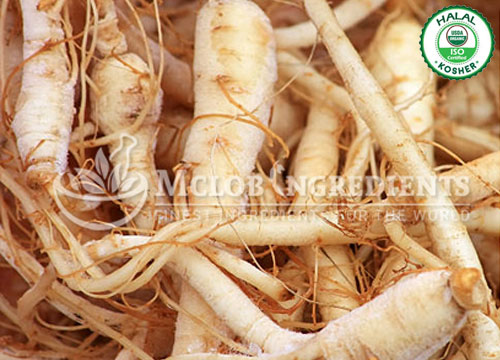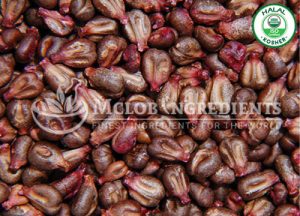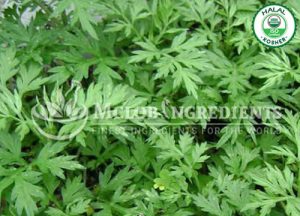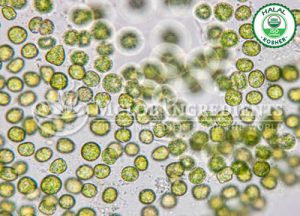Ginseng plants are perennial herbs that contain sturdy taproots. In the spring, the plants generally die back in the fall and reemerge from the root system. The leaves are palmately compound contain 3–5 leaflets, the margins of which may be entire, lobed, or toothed depending on the species. The inflorescence is a flat-topped cluster of flowers with both bisexual and male flowers. The fruit is a drupe. Cultivated ginseng plants to mature from seed usually require 5–7 years.
Benefits :
- It is commonly beneficial for its antioxidant and anti-inflammatory effects.
- It could help to regulate blood sugar levels and have benefits for some cancers.
- It may strengthen the immune system
- Enhance brain function
- Fight fatigue and
- Improve symptoms of erectile dysfunction
Side effects:
Long-term use of ginseng may lead to
- insomnia
- nervousness
- headaches
- stomach upset
- dizziness
- Menstrual changes in women.
- Allergic reactions
Precaution:
- Before using ginseng, advise your healthcare provider. If you have certain medical conditions, such as diabetes, hormone-sensitive conditions such as breast cancer, endometriosis uterine cancer, ovarian cancer or uterine fibroids, insomnia, a mental disorder such as schizophrenia, or an upcoming surgery you may not be able to use ginseng.
- During pregnancy, Ginseng is considered likely unsafe to use
- Avoid breastfeeding women due to ginseng passes into breast milk or if it could harm a nursing baby.
- Without medical advice, do not give any herbal/health supplement to a child
Dosing:
Panax ginseng In adults, doses taken of 200 mg to 3 gm daily for up to 12 weeks by mouth. Advice from a healthcare provider to find out what dose might be best for a specific condition daily for up to 12 weeks.
Interaction:
Be cautious with the following medication:-
- The caffeine that interacts with Panax ginseng might increase the risk for side effects, including increased heart rate and high blood pressure. Avoid taking caffeine along with Panax ginseng.
- Furosemide (Lasix) interacts with Panax ginseng might decrease how well furosemide works.
- Insulin interacts with Panax ginseng might cause your blood sugar to be too low.
- Medications changed by the liver (Cytochrome P450 2D6 (CYP2D6) substrates) interacting with Panax ginseng might change how quickly the liver breaks down these medications. This could cause a change in the effects and side effects of these medications.
- Medications for depression (MAOIs) that interact with Panax ginseng might increase the risk for certain side effects, such as anxiousness, insomnia, headache, and restlessness. Some common MAOIs include phenelzine (Nardil), tranylcypromine (Parnate), and selegiline (Zelapar).
- Medications for diabetes (Antidiabetes drugs) that interact with Panax ginseng might cause blood sugar to drop too low.
There are many such interactions with medication that cause side effects.







